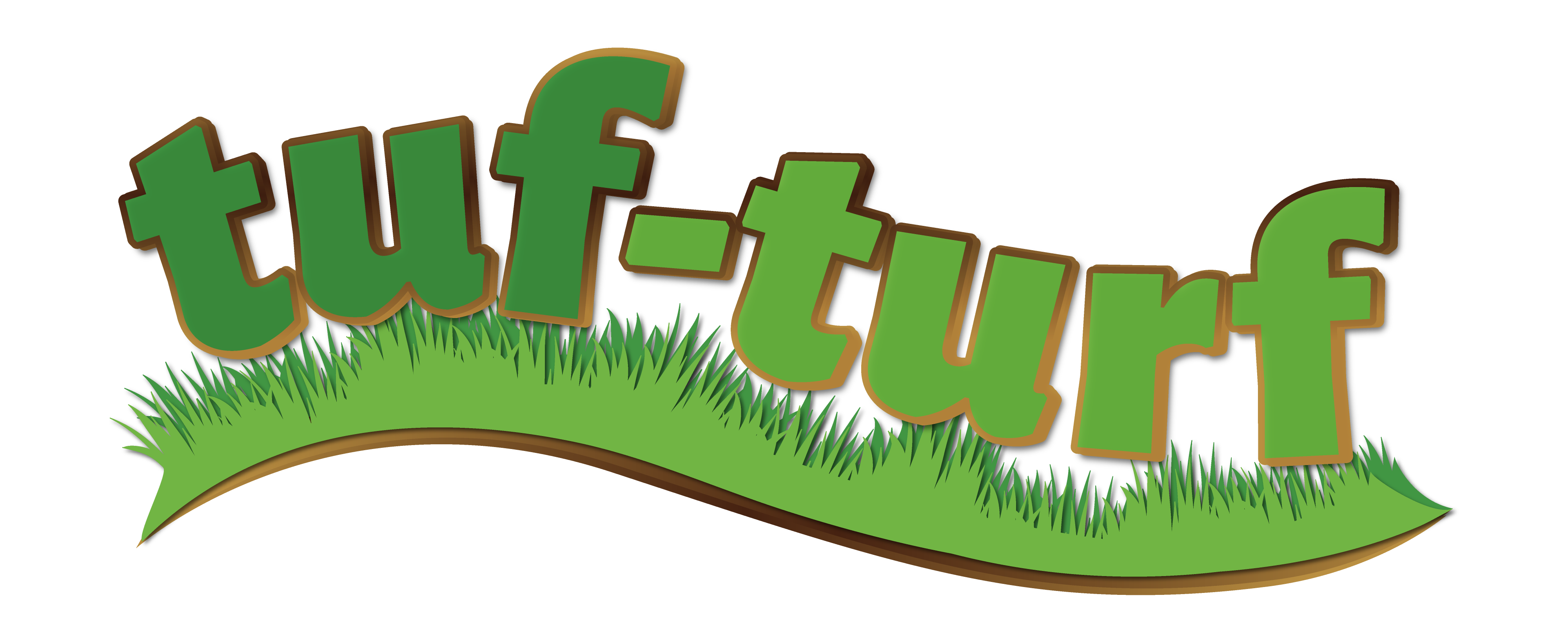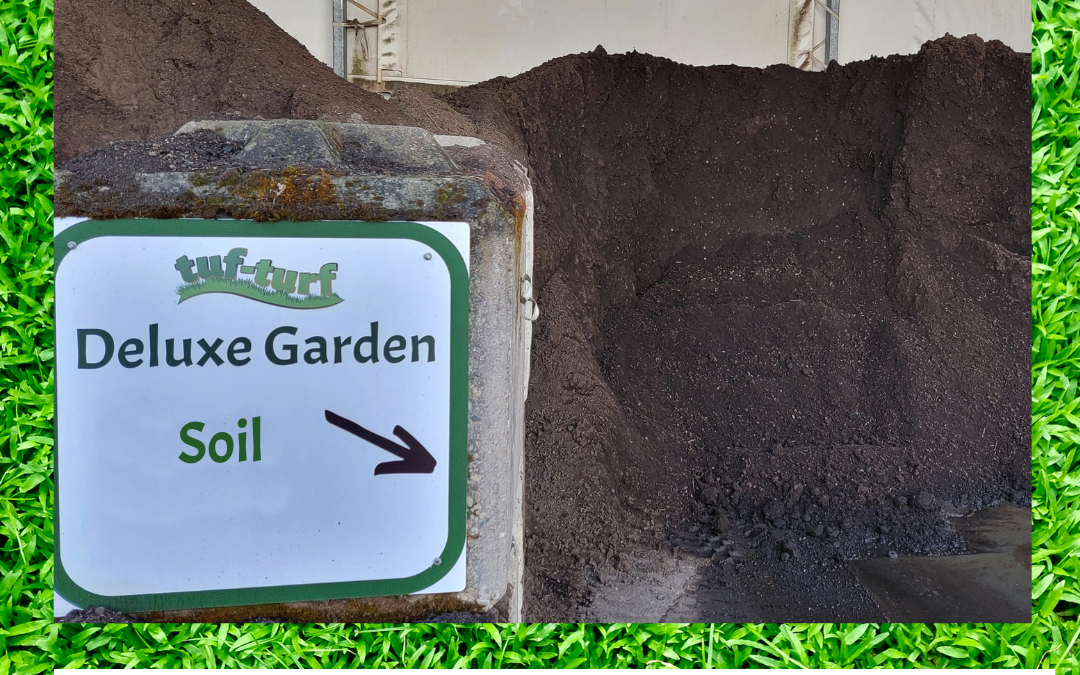Starting to grow, and maintain a beautiful lawn and garden can be a fulfilling and rewarding endeavor. Success starts with the soil. The right soil is the foundation for healthy plants, so it’s important to choose the right type for your lawn and garden. Each type of soil available has its own unique benefits and drawbacks. In this blog post, we’ll explore the most common types of soil and help you choose the right one for your lawn and garden.
Vancouver Island has a large variety of soils that you will encounter. There are several scientific names but for the purpose of this article or blog, we’ll use the more commonly known titles.
Sandy soils: These are soils that are mostly composed of a large percentage of sand particles and have limited water retention.
Clay soils: Soils that are composed of small, compacted particles making it difficult for root development.
Loamy soils: Loamy soils have a mixture of sand, and naturally occurring organics in a balance that enables them to hold nutrients and moisture. A good medium for root growth.
Peaty soils: Are composed of organic matter, such as decaying vegetation, and are often found in wetlands. These soils alone are not a good growing medium. They lack structure and trace elements.
Gravelly soils: Composed of small and larger gravel particles, offer low nutrient value, and have limited water retention.
Rocky soils: These soils are composed of large rocks and have poor soil structure.
Saline soils: This kind of soil has a high concentration of salt, which can limit plant growth. You’ll find this type commonly along local ocean waterfronts for example.
Now that you know what you might find as you dig up your lawn or plant your garden, let’s look at what is available for purchase to start or enhance the yard of your dreams.
Sandy Lawn Blend: (available at tuf-turf)
If you’re looking to establish a new lawn, the sandy lawn blend is a great option. It’s a mix of sand, loam, and forest fines that’s perfect for top-dressing or overseeding your lawn. The sand in the blend helps to improve drainage and reduce compaction which is important for a healthy lawn. The loam provides nutrients for the grass, while the forest fines and small pebbles help to reduce the previously mentioned soil compaction. Overall, the sandy lawn blend is a great choice for those looking to establish a new lawn or overseed an existing one. This Sandy Lawn Blend is also good for certain vegetables, bamboo, palms, and certain succulents.
Deluxe Garden Mix: (available at tuf-turf )
If you’re looking to plant vegetables or flowers in a garden bed, the deluxe garden mix is an excellent choice. It’s a plant-ready blend that’s perfect for both new and existing garden beds. The mix contains a blend of soil and pure organic compost, which provides the necessary nutrients for healthy plant growth. It also contains a small percentage of small pebbles in the mix helping to improve drainage and reduce compaction which is important for preventing root rot. Overall, the deluxe garden mix is an excellent choice for those looking to create a healthy, nutrient-rich garden bed.
Potting Soil: (build your own at tuf-turf)
If you’re growing plants in pots or containers, potting soil is one way to go. Potting soil is a blend of peat moss, vermiculite, perlite, and other materials that provide excellent drainage and moisture retention. It’s important to choose high-quality potting soil that’s specifically formulated for the type of plants you’re growing. For example, succulents require a potting mix that’s high in sand and perlite, while tropical plants prefer a mix that’s high in peat moss. At tuf-turf we do not sell potting soil but we offer quality products to help you create you blend your mix that’s perfect for what you are planting.
A popular suggested mix: 50% Sandy Lawn soil & 50% compost or marine mulch.
Clay Soil:
Clay is a common part of our land here in Victoria BC. Clay soil is a heavy, dense soil that can be difficult to work with. It’s composed of small particles that pack tightly together, which can lead to poor drainage and root rot. However, clay soil is also nutrient-rich and can be an excellent choice for certain types of plants, such as roses and fruit trees. If you have clay soil in your garden, it’s important to amend it with compost and other organic matter to improve drainage.
Useful suggestion: adding gypsum to clay soil can help to loosen the density of the soil. This happens due to the gypsum adding negatively charged particles. The soil will become more friable and easier for plants to extract nutrients.
In conclusion, choosing the right soil for your lawn or garden is essential for healthy plant growth. Consider the type of plants you’re growing and the specific needs of your garden when selecting soil. Whether you’re establishing a new lawn, creating a vegetable garden, garden bed, or growing plants in pots, there’s a soil type that’s right for you. By understanding the different types of soil available, you can create a healthy and thriving lawn and garden that will provide beauty and nourishment for years to come.
Come on into tuf-turf and we’ll load or truck or trailer or feel free to use our You-Fill section and mix the blend that’s right for you!

